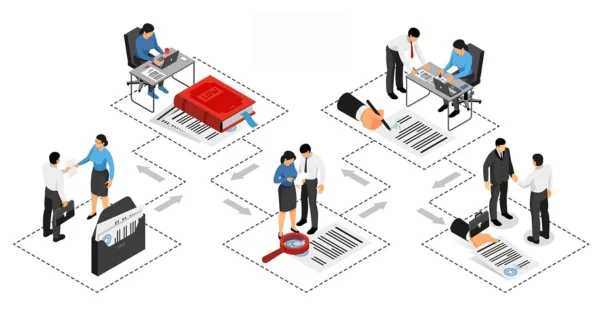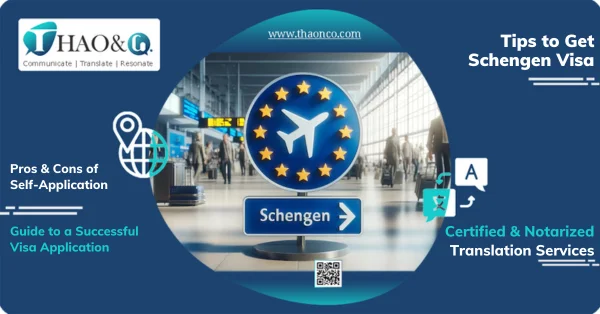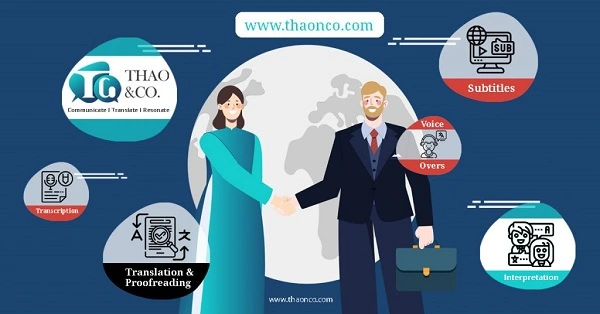Applying for a Schengen visa can be complex, but with our practical tips to get Schengen visa, the process becomes much more manageable. This guide will walk you through preparing your documents more efficiently.
Read on for insights to boost your approval chances and set your European plans in motion!
Timing is crucial when applying for a Schengen visa. Plan to submit your application at least three months before your departure date.
This gives you ample time to complete all document requirements and address any issues that may come up along the way. It’s also essential to remember that Schengen visa processing typically takes between 15 to 30 working days.
➡️ Avoid peak seasons and national holidays, when consulates experience higher application volumes and longer wait times.
A well-documented travel history is a strong point in any visa application. If you’ve traveled to countries with strict visa regulations, such as the USA, Australia, or Japan, you’re more likely to be seen as a reliable traveler.
Be sure to submit your passport with clear entry and exit stamps to highlight the countries you’ve visited. This added detail can improve your chances of a successful Schengen visa application.
Proof of financial capability is a requirement for a Schengen visa. You’ll need to submit:
This documentation shows the consulate that you’re financially prepared to cover all expenses. It’s important to demonstrate a long-term saving plan rather than depleting all your funds just for this trip.
This reassures the consulate that you’ll be financially stable throughout your travels.
💡 Pro tip: To strengthen your case, consider having a family member provide a financial guarantee.
A clear, detailed itinerary can enhance your application. Be specific about your travel plans and include:
💡 Tip: Add estimated expenses for each activity to show that you’ve accounted for every aspect of your trip.
This demonstrates thorough preparation and helps build trust with the consulate.

Precise certified translations are essential for your Schengen visa documents. Any documents not in the preferred language (usually English or French) must be professionally translated and certified.
Be aware that some countries, such as Germany, also require notarization.
ℹ️ Certified translation vs. notarized translation: What’s the difference?
To avoid delays, have your documents translated by reputable agencies to ensure precision and validity. This minimizes the risk of your documents being returned due to translation issues, saving you time and effort.
Before deciding to apply on your own, it’s helpful to understand both the benefits and challenges involved. Here’s a closer look:

It could be a challenge to apply for a Schengen visa on your own. But with the right guidance, you can improve your chances of approval and reduce the risk of denial.
Make sure you have all the required documents ready, including:
Document translation is a must for a Schengen visa. Some countries may require certified or even notarized translations depending on their specific policies.
To avoid delays, select a reputable agency that offers certified and notarized translations. This helps ensure accuracy, speeds up processing, and reduces the risk of issues.

Looking for a reliable translation service for your Schengen visa application? Contact Thao & Co. now to experience exceptional professionalism and top-tier translation services tailored for Schengen visa applications:
Contact us via the Get a Quote form below for prompt and complimentary consultation!
Applying for a Schengen visa on your own requires attention to detail and patience. With the help of these tips, you’ll be well-prepared and more likely to achieve a successful outcome.
Thao & Co.’s guides are here to make your European dreams a reality!